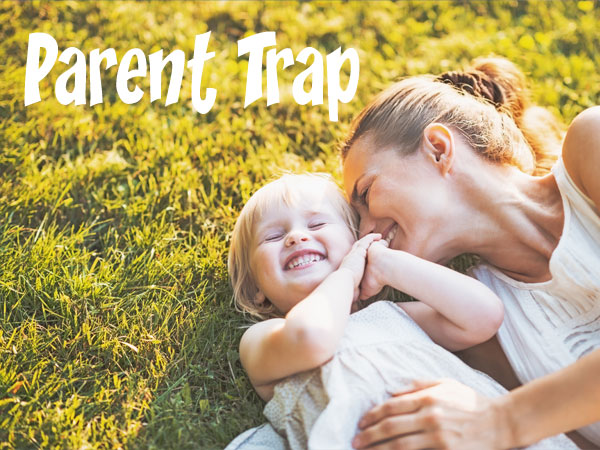I have often heard kids today described as overindulged, spoiled, soft and unmotivated. There is some truth to these judgments, but the finger of blame belongs squarely on us, the parents. Parents are way too focused on their children being special and ‘the best’ at whatever they are involved in. Praising children for every little thing they do certainly hasn’t helped, either. Kids need the following two important skills for long-term success and happiness.
1 | Intrinsic Motivation: When a 4-year-old runs up to you and asks, “What do you think of my colored picture?” our typical response sounds something like this: “Oh, it’s so beautiful! You are the best artist; let’s put it on the fridge so everybody can see it.” What I’d like to hear parents say is this: “What do you think about your picture?” Then listen to what your child has to say and just mirror that back. She is liable to say something like, “I like it because I used funny colors for her face, and I used all of my favorite colors.”
Reflecting their words back helps them to internalize the good feelings they have about their artwork. This is her intrinsic motivation, and she will always have these feelings to draw upon when you’re not there to pump her up. Your son or daughter also will be less vulnerable to what other people think about them and their work. Too many teens leave home never having had anyone ask them, “What do you think about your work, your performance or your passions?”
2 | Generosity: Kids who are praised for their character when they share with others are subsequently more generous than kids who are praised for their behavior. In other words, it’s best to say the following to a child who is being a good sharer: “You are the kind of person who likes to help others; you really are a kind person.” That, as opposed to this kind of praise: “It was good that you shared your candy with your brother.”
The first praise acknowledges character and helps kids to internalize that they are a moral person. The effects of this recognition are strongest around ages 8 to 10 years, when they are beginning to formulate identity. Research also has shown that it’s more powerful to use nouns: “You are a great helper.” is preferable to, “Thanks for your help.” “Please don’t be a cheater.” is better than, “Don’t cheat.”
Notice that in both areas I have turned things back to the kids. We don’t want children constantly looking to us for approval, rewards for good behavior and pats on the back. They need to turn inward for their motivation and to know what’s right for them. Kids should be doing the right thing not for a reward or to please others, but instead because they know in their hearts that it’s the right thing. That is the only way they will grow into happy and morally grounded adults.
Tim Jordan, M.D., is a behavioral pediatrician who specializes in counseling girls ages 6 through college. For more information, visit drtimjordan.com.








